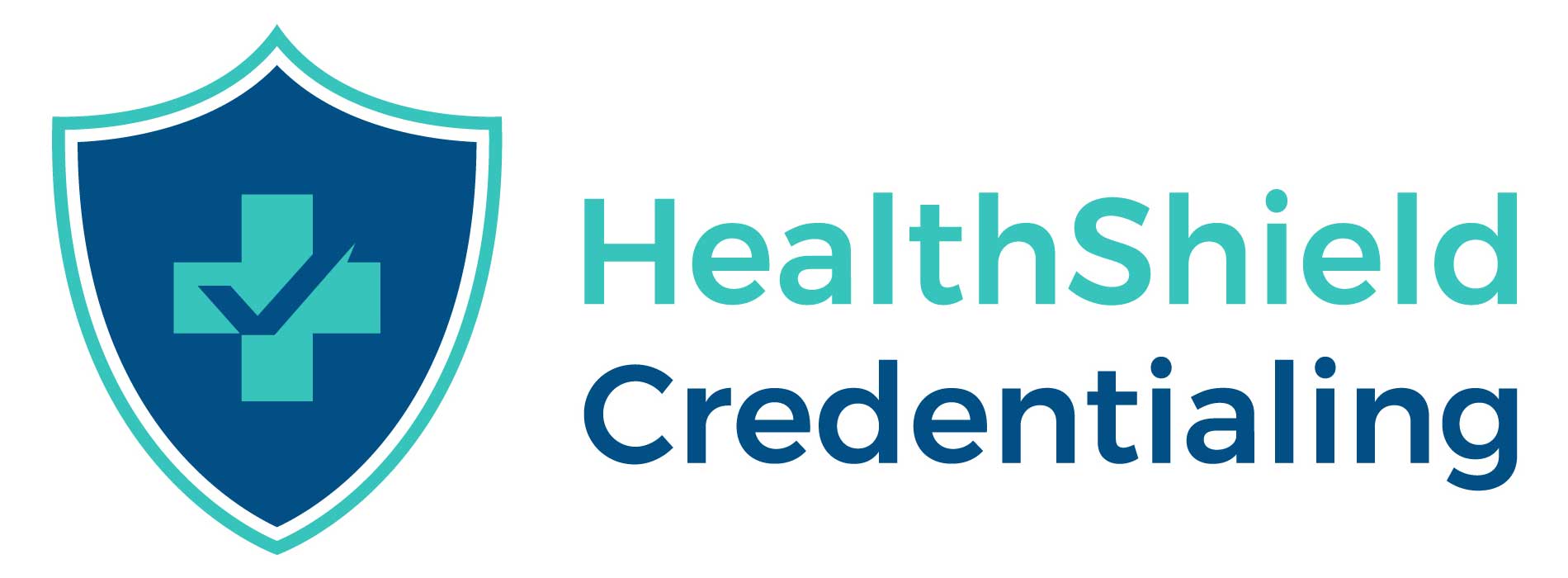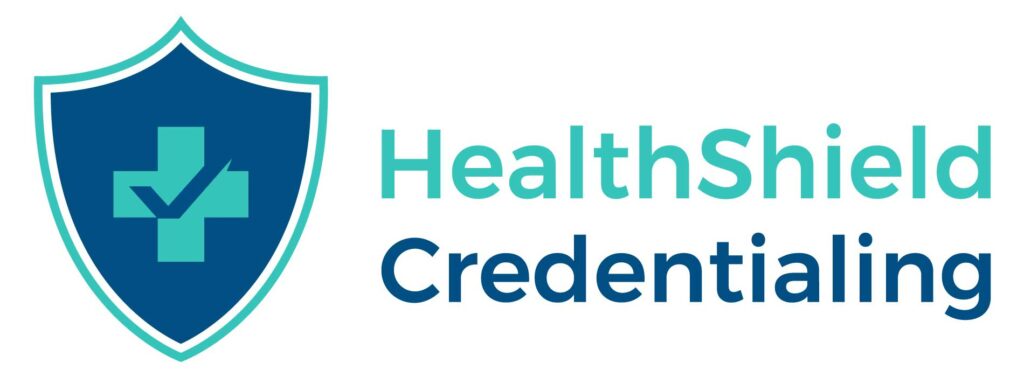Few moments can compare to the startling, frustrating, and invasive realization of being targeted by a scam. Over the years, scammers have become increasingly sophisticated in their methods, reaching their victims through various channels. Sadly, healthcare workers, who dedicate themselves tirelessly to the care and well-being of others, have become the latest prey for these deceitful schemes.
The Scams Targeting Healthcare Workers
- License Suspension Threats: Healthcare workers across the board have reported alarming encounters with scammers posing as representatives of state Boards of Nursing or even the FBI. These fraudsters induce panic by falsely claiming that licenses are suspended, threatening arrest unless an immediate payment is made. The scammers go to great lengths, using official government phone numbers and possessing personal information.
- Impersonation of Law Enforcement: In another scheme, scammers impersonate law enforcement officers, such as “Sheriff’s deputies,” threatening healthcare professionals with arrest for alleged missed court dates. They demand immediate payment of fines, often insisting on unconventional methods like gift cards. It’s crucial to remember that genuine law enforcement officers never conduct business in this manner.
- Targeting Travel Workers: Traveling healthcare providers have also fallen victim to scams. Fraudsters pose as recruiters, attempting to obtain personal information, scamming workers with fake housing offers, or even committing identity fraud by requesting social security numbers. Red flags include the absence of a legitimate website, insistence on sending documents via personal email or social media, and persistent communication at odd hours.
- Alleged Investigations and Payments: Healthcare workers receive calls claiming to be from government agencies like nursing boards, the DEA, or FBI, alleging involvement in illegal activities. Armed with workers’ actual license numbers, these scammers attempt to coerce payments under the guise of cooperation with an investigation. Workers are urged never to provide financial information over the phone and to verify the legitimacy of such calls by contacting the agency directly.
- Extortion Scams Targeting Healthcare Professionals: Healthcare workers should be cautious of new extortion schemes targeting them. Scammers impersonating law enforcement officers, DEA agents, or licensing board staff contact workers, falsely claiming their licenses are suspended due to involvement in illegal activities like drug trafficking. These scammers intimidate victims with threats of license suspension, coercing payments and agreements to maintain silence about the alleged investigation. Genuine law enforcement officers, DEA agents, and licensing board staff never demand payment over the phone.
How Providers Can Protect Themselves
- Verify Legitimacy: Always verify the legitimacy of calls or communications from government agencies or unfamiliar recruiters. Use official websites or contact numbers to confirm the authenticity of requests or claims. Call the agencies directly to obtain information.
- Protect Personal Information: Refrain from providing personal or financial information over the phone, especially to unknown callers. Be cautious when sharing details such as license numbers or social security numbers, and only do so through secure channels.
- Stay Informed: Stay informed about common scams targeting healthcare professionals, and educate colleagues and peers to prevent falling victim to similar schemes.
Take Home
Healthcare workers play a critical role in healthcare, and it’s disheartening to see them targeted by opportunistic scammers. By staying vigilant, verifying communications, and safeguarding personal information, healthcare providers can protect themselves from falling victim to these deceitful tactics. Remember, if something feels suspicious or too good to be true, it’s essential to trust your instincts and take proactive steps to verify its authenticity.
Don’t let scammers undermine your hard work and dedication to providing quality care. Stay alert, stay informed, and together, we can combat these malicious schemes.







